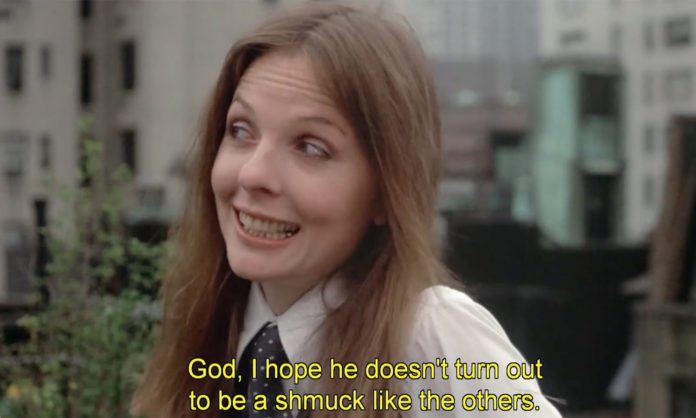Subtext is easier to spot in visual storytelling. It’s body language and facial expression. It’s the way an actor’s voice catches when they speak or how they pause before replying. The subtext is how we know a character is hurting or angry, or why we suspect someone is lying.
Subtext is harder to convey in prose, because you can easily veer into telling. In a post on the Write Practice, Joslyn Chase suggest several ways to use action and dialogue to add layers of meaning to your writing.
In dialogue, you can use double-meanings to convey what’s on a character’s mind without coming right out with it. You can also have a character change the subject when a conversation gets too close to something they want to protect or avoid. Write dialogue that contradicts a character’s actions or underscores it.












